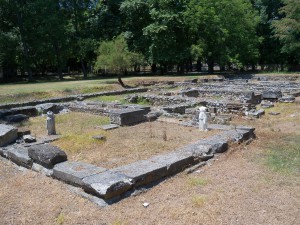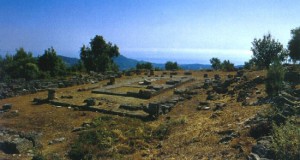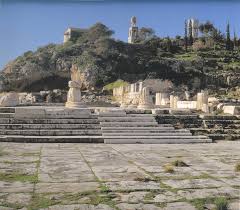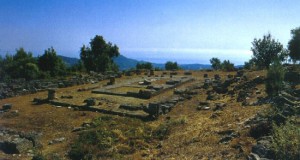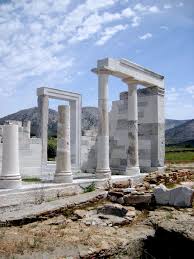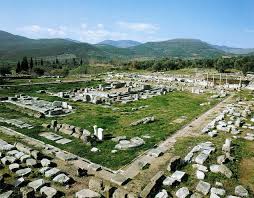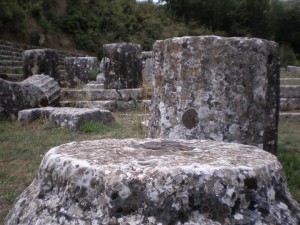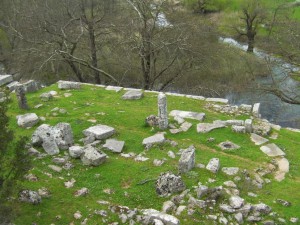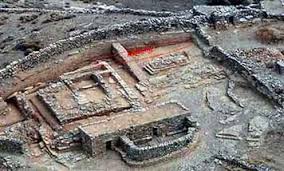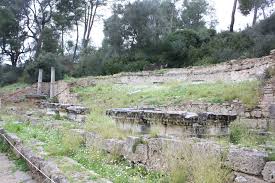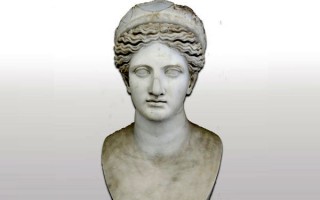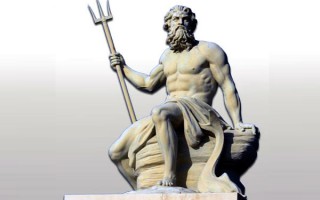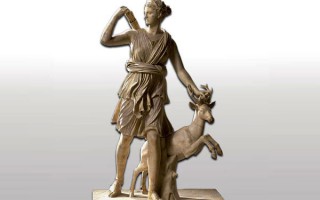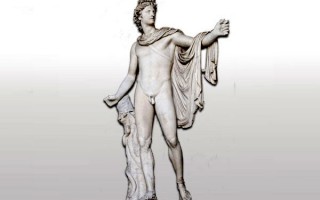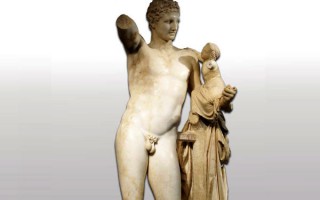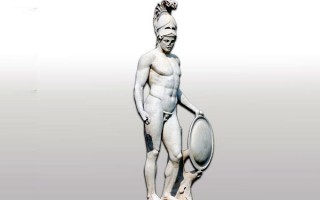Demeter, the “universal mother” of the hymns, the “blessed” and “divine”, was one of the greatest goddesses of the ancient Greek pantheon. She was the granddaughter of Gaia, the daughter of Kronos and Rhea and the sister of Zeus, Poseidon, Plouton, Hera and Hestia. As her name reveals («Demeter» comes from the Doric form “Ge” which means “Earth” and “Meter” which means “Mother”), Demeter was the goddess of cultivation and protectress of agriculture, the goddess of fertility and vegetation, being worshipped especially in rural lands: the farmers offered sacrifices to “proerosia” (before ploughing) Demeter, to “Drepaneforos” (sickle carrier) Demeter at harvest, to “Aloas” (thrashing) Demeter and, to “Chloe” (verdure) Demeter at spring time.
The cult of Demeter and her daughter Persephone (Kore) is connected, primarily, with mystic rites, the so-called Eleusinian Mysteries. These were ritual actions which focused on the “catharsis” (purification) and the exaltation of the human being. In the myth of Demeter and Kore, the imagination acquires a functional hypostasis, blended with the up-to-date experiential knowledge of things of the initiated. The initiated are transformed into beings, with an introspective psyche, yearning for a larger life and preparing for their life after death.
Apart from the Eleusinian Mysteries, the greatest festival, in honor of Demeter, were the “Thesmophoria”, on “Pyanepsion” month (middle of September to middle of October), which was held during the early sowing time. The festival was celebrated throughout Greece and was restricted to the participation of married women only. During the Thesmophoria, women abstained from sex, fasted and exchanged immodest jokes, like Baubo (Iambe), who made Demeter laugh when, in grief, she was looking for her daughter. The Thesmophoria concluded with the “Kalligeneia”, a happy feast of the participants.
Demeter’s symbols were the crane, the ear wheat, the narcissus flower, the myrtle and the crocus. The bees were her priestesses and during the sacrificial rites, bulls and honey were offered. Demeter is usually represented holding an ear of wheat and a torch.
The Latin name of Demeter was Ceres: it is from her Latin name that the word “cereals” derives (“demetriaka”, in Greek).
DodekaTravel.gr © 2017 | 2022


